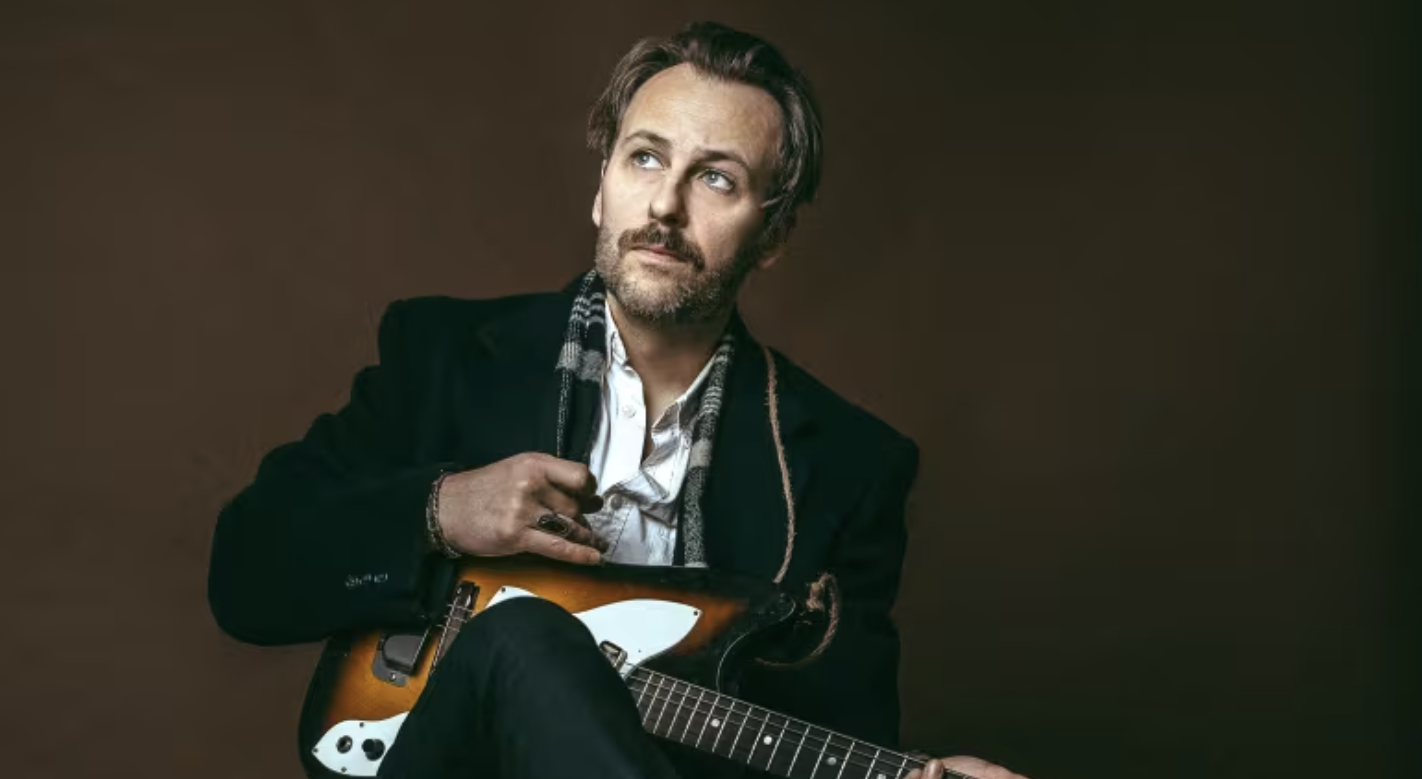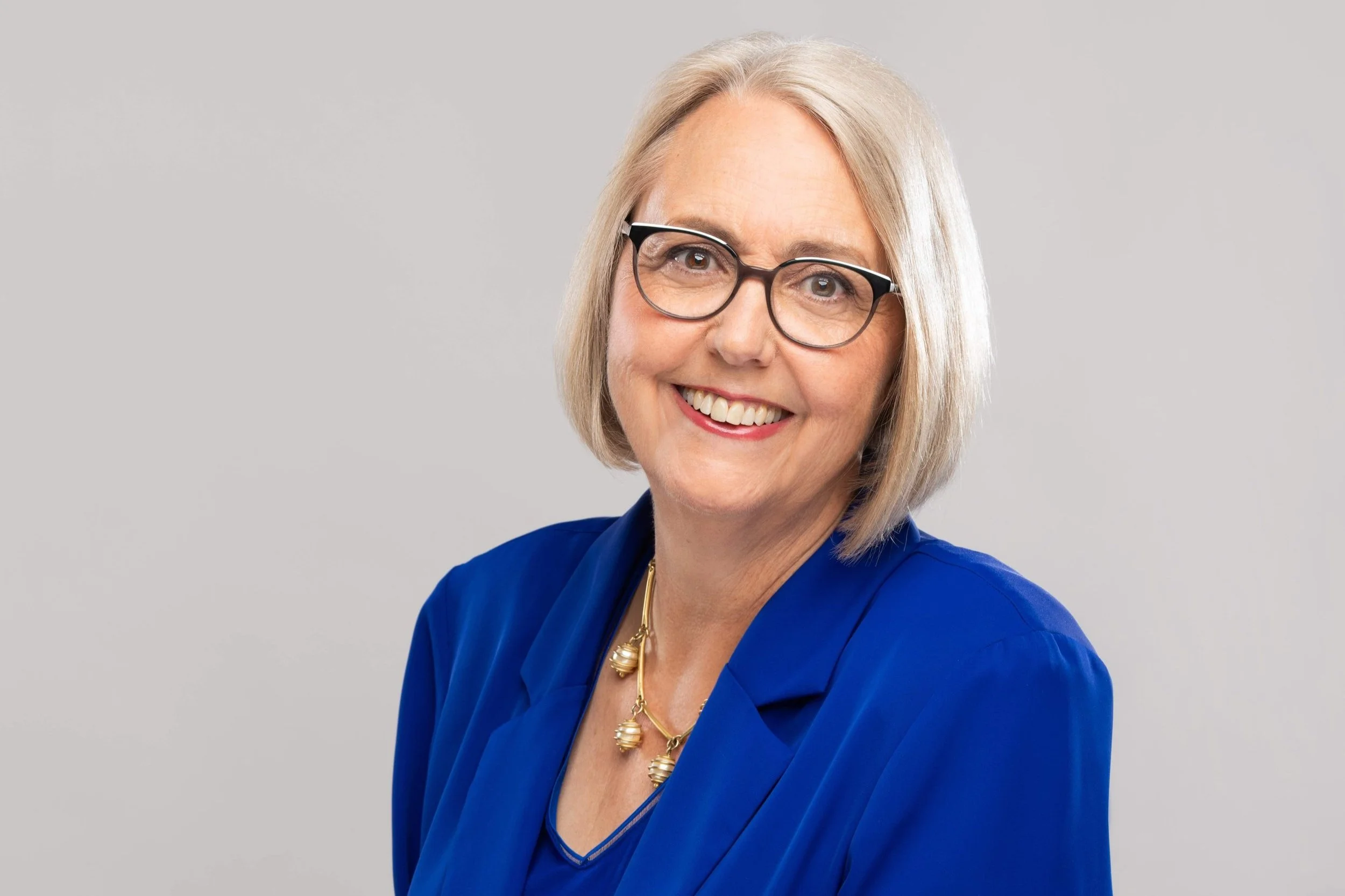On new album You’re Just A Place That I Know, Adrian Glynn’s songs about his grandparents’ refugee experience remain sadly relevant
With a 20-person choir and Ukrainian folk musicians, Vancouver singer-songwriter’s concert revives story of fleeing Nazi-occupied Ukraine during the Second World War
You’re Just a Place That I Know draws on the real-life history of Glynn’s maternal grandmother and grandfather—or his baba and dido—who fled Ukraine.
The Rogue Folk Club presents Adrian Glynn at the Mel Lehan Hall at St. James on May 5 at 8 pm
WHEN STIR RINGS up Adrian Glynn to talk about his upcoming performance to launch his latest album, You’re Just a Place That I Know, he describes it as “definitely the most ambitious show I’ve ever tried to put on”.
Considering the source, that’s really saying something. After all, Glynn has played shows with Fringe Percussion, an ensemble with a considerable on-stage footprint, and he has also performed with the backing of a choir.
There will be a 20-piece choir at the You’re Just a Place That I Know launch as well, in addition to a six-member band and two accompanists playing traditional Ukrainian folk instruments. But wait! There’s more.
“It’s sort of halfway between a concert and a theatre show,” Glynn explains. “We’re going to play the whole album in its entirety in the order that it’s in—because it’s sort of in a loose chronological order already on the record—but it’ll be broken up with storytelling moments, not just by me but also different members of the band are going to be having what we call ‘ancestor moments’. So, they’re going to speak about their own connection to their ancestry, whether it’s through story or through song, just to make it a little more universal and not just my story.”
You’re Just a Place That I Know tracks the real-life history of Glynn’s maternal grandmother and grandfather—or his baba and dido, as he calls them—who fled the Nazi occupation of Ukraine during the Second World War. The two found their way to Canada after meeting at an Allied camp for displaced people.
The album was years in the making; Glynn (who is also a member of the acclaimed folk and spoken-word supergroup The Fugitives) traces its genesis to a conversation he had with his aunt, Genya.
“I remember speaking to her at my grandmother’s funeral, which is now 10 years ago,” he says. “She was telling me these crazy stories. One of them was that my grandfather had shot himself in the hand when the Nazis came to his village so that he wouldn’t have to serve with them. I remember being, like, ‘Holy crap, why didn’t I know about that?’ And also that my baba had been taken from her village when she was 17 by Germans and sent away to work in Austria.”
What surprised Glynn even more was just how many of the milestones of his grandparents’ early life together took place in the limbo of the camp.
“What I didn’t know, until I started to get more of the details, was that they were there for three years, which is kind of crazy to think about,” he says. “I just assumed that it was maybe a few months or something, but it was three years. They met there, they married there, they conceived the eldest sister and she was born, all in the space of three years when they were in this refugee camp—or I guess they called it a displaced persons camp. So that was pretty incredible.”
Glynn recorded You’re Just a Place That I Know with producer Tom Dobrzanski at the latter’s Monarch Studios. Sonically, the tracks range from the rousing stomp-clap roots-rock of “I Will Wait to Hear From You” to “Just a Place That I Know”, which begins as a piano-based ballad before reaching its climax with help from a young men’s choir led by Ukrainian-Canadian choral director, Adam Kozak, singing a verse of a cherished poem from the old country.
There are also a couple of interludes featuring the traditional Ukrainian instruments bandura and lyra, and Glynn observes that, at one point, he contemplated taking a deeper dive into Ukrainian folk on the album. That didn’t end up happening, but his explorations did allow him to make some valuable personal connections.
“The person who plays lyra, or hurdy-gurdy, is a Vancouver local named Beverly Dobrinsky, who is sort of like an Alan Lomax of Ukrainian music,” Glynn says. “She spent the ’90s going all across the Prairies, interviewing all these old grandmothers who were Ukrainian immigrants who came over really early, like before the First World War, and collecting their songs. So it was really cool to meet her. She’s on the album and she’s going to be part of this show, and she’ll perform a song as well. She was a great wealth of knowledge, which I kind of feel like I didn't use as much as I could have, but the project just went in a different direction.”
Glynn started writing the album in 2018, during a residency at the Banff Centre for Arts and Creativity. All of the songs were finished before the February 2022 Russian invasion of Ukraine, but Glynn can certainly see the parallels. The current Russo-Ukrainian War has, after all, led to Europe’s largest refugee crisis since the Second World War, with an estimated 3.7 million people driven from their homes and internally displaced, while nearly 6.5 million have crossed over into neighbouring countries.
“It does make it a lot more poignant and relevant, because a good part of this album is an immigrant story, of surviving the horrors of war and starting life anew somewhere else, which is obviously very true for a lot of Ukrainians right now—also very true for a lot of people from other countries. ” Glynn says. “The war-refugee story is just a constant in our world, so even though we’re—whatever it is—70, 80 years since my grandparents’ story, so much of it would still be relevant today: people starting families in refugee camps, people starting new lives in countries they don’t know a single person in. It’s all completely relevant.
“It is just very strange timing that I was beginning to record this album as all this stuff was happening,” he acknowledges. “It definitely made the emotionality of it ring more true and probably gave another layer to the record, because it almost felt more important or more relevant as we were doing it.” ![]()














